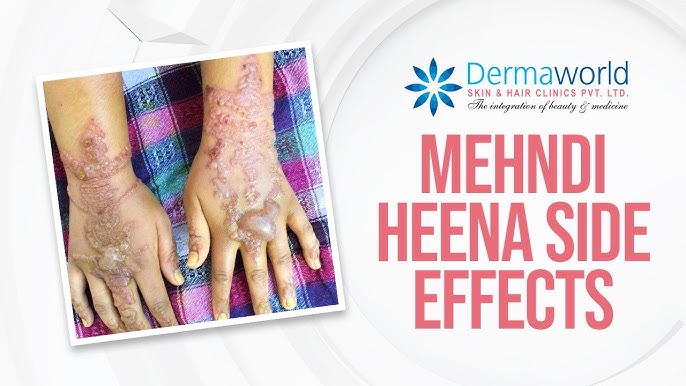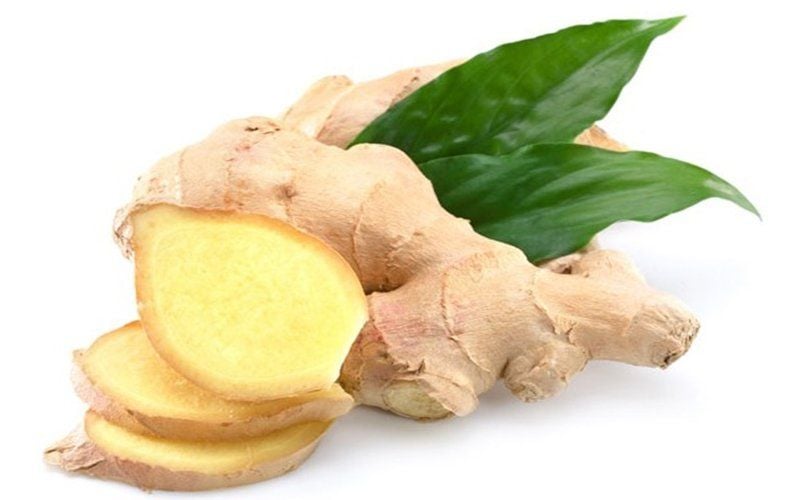Lifestyle
A dermatologist advises against using tainted mehendi since it may result in pigmentation, blistering, and allergic reaction. We confirm


By Kajal Sharma - 15 Sep 2025 09:43 PM
Frequently seen as a sign of happiness and custom at Indian festivities, henna might not be as innocuous as most people believe. Dermatologist Dr. (Major) Gurveen Waraich, MBBS, MD, claims that the usage of tainted mehendi is growing and causing negative side effects.She issued the following warning in a recent Instagram video: "Are you certain you're using the actual one and it's not the contaminated version? The essential element of Indian celebrations, henna, is regrettably no longer henna. There is a lot of adulteration, blistering, allergic reactions, and discoloration.
Every season, we witness several cases.Because tainted "black henna" includes para-phenylenediamine (PPD), a chemical that can result in severe allergic responses, blistering, itching, scarring, and long-term skin damage, dermatologists advise against using it. Henna laced with PPD can cause lifetime sensitivity, increasing a person's vulnerability to responses from other PPD-containing products, like hair dyes. Dermatologists recommend adopting natural, reddish-brown henna free of chemical additives instead of "black henna" for safety.
























